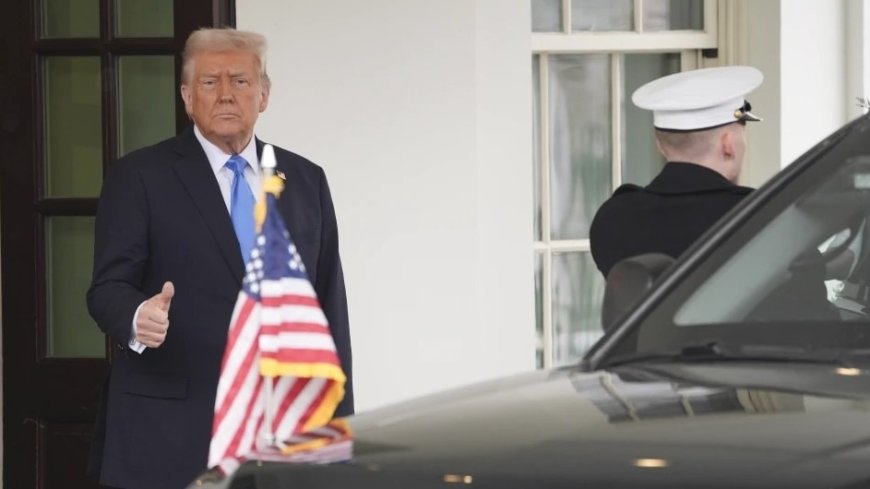Donald Trump's reciprocal tariffs: What it means for US consumers and global trade
Donald Trumps reciprocal tariffs What it means for US consumers and global trade

Donald Trump's Reciprocal Tariffs: What It Means for US Consumers and Global Trade
In recent years, the topic of tariffs has dominated discussions on international trade and consumer pricing, particularly with the policies implemented by former President Donald Trump. His approach to trade, characterized by reciprocal tariffs, has raised many questions about their impact on US consumers and the broader implications for global trade.
Understanding Reciprocal Tariffs
Reciprocal tariffs occur when one country imposes tariffs on products from another country in response to similar measures taken by that nation. During his presidency, Trump aimed to protect American industries by imposing tariffs on a variety of imports, mainly from countries like China. This bold move was intended to level the playing field for US manufacturers.
Impact on US Consumers
While the intentions behind these tariffs may have been to benefit American businesses, they often led to increased prices for consumers. Many goods, including electronics and household items, saw price hikes as companies adjusted to the higher costs of imported materials. This raised concerns about the long-term effects on consumer spending and inflation.
Global Trade Dynamics
The implementation of reciprocal tariffs has not only affected the US economy but has also reshaped global trade dynamics. Countries affected by US tariffs retaliated with their own measures, leading to a cycle of escalation that disrupted established trading relationships. This uncertainty has created challenges for businesses reliant on international supply chains.
Economic Uncertainty and Future Considerations
As global markets adapt to these changes, economic experts are analyzing the potential outcomes of sustained tariffs. The conversation is shifting towards the balance of protectionism and free trade, urging policymakers to consider the broader implications of these measures. With the economy continually evolving, finding the right approach to trade policy is essential for maintaining competitiveness in the global market.
For more updates, visit dharmyuddh.com.
News by dharmyuddh.com Keywords: Donald Trump tariffs implications, reciprocal tariffs effect on consumers, US consumer prices tariffs, global trade impact of tariffs, trade policy and economic effects, US-China trade relations, tariffs and inflation analysis, international trade dynamics, consumer spending and tariffs, protectionism versus free trade.







